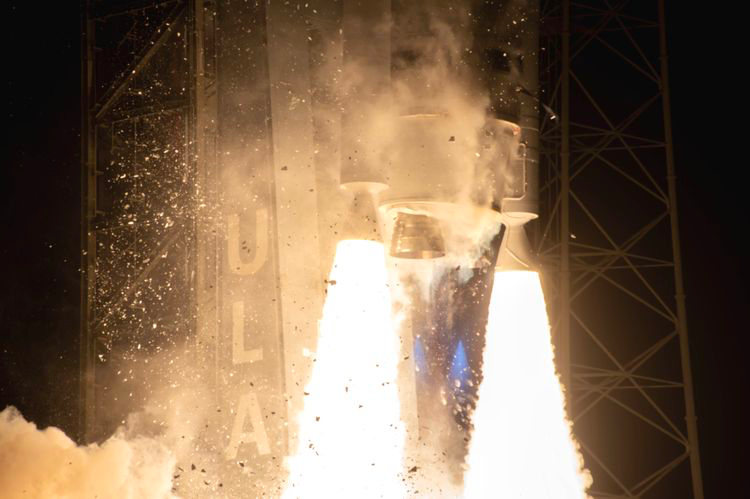Aerospace Aerospace news Air Cargo News Air Force News Aviation news Avionics Business News Cargo News Communications News Consumer News e-commerce Economic News Economy News Finance News Global Politics International News Joint Venture News Manufacturing & Assembly News Military News News Shipping News Space News stock stock news transport
Northrop Grumman Solid Rocket Boosters aid first ULA Vulcan Rocket launch
Magna, Utah, January 8, 2024 – Two of Northrop Grumman Corporation’s (NYSE: NOC) extended length, 63-inch-diameter Graphite Epoxy Motors (GEM 63XL) solid rocket boosters helped power the inaugural flight of United Launch Alliance’s (ULA) Vulcan…
